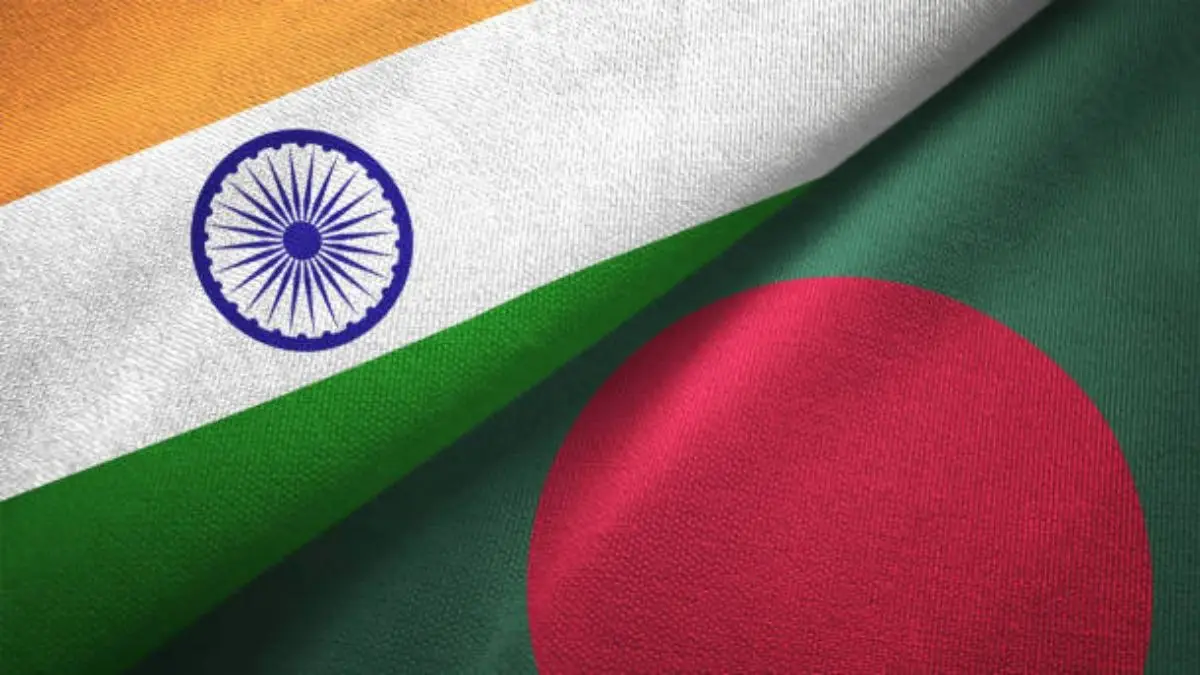Updated 18 May 2025 at 12:53 IST
Why Did India Impose Trade Restrictions On Bangladesh — And What’s The Real Story?
Tensions have flared between India and Bangladesh after India imposed new trade restrictions on Bangladeshi goods, especially ready-made garments and processed foods.
- Republic Business
- 3 min read

Tensions have flared between India and Bangladesh after India imposed new trade restrictions on Bangladeshi goods, especially ready-made garments and processed foods.
The move came shortly after controversial remarks by Bangladesh’s interim chief adviser, Muhammad Yunus, sparked a diplomatic row.
Remarks on India’s Northeast
During a recent visit to China, Yunus referred to India’s northeastern states as a "landlocked region with no access to the ocean." The comment didn’t go down well in New Delhi.
Indian officials viewed it as a direct challenge to the region’s connectivity and status, especially since the Northeast is already sensitive from a geopolitical and development perspective.
Advertisement
Yunus had pitched Bangladesh as a gateway to the region, saying, "We are the only guardian of the ocean," and suggested that the Northeast could become an "extension of the Chinese economy."
These remarks raised serious concerns in India, as they implied a strategic shift in Bangladesh’s regional outlook, favouring China’s involvement.
Advertisement
India’s Response: Trade Restrictions
India has responded by restricting the import of Bangladeshi goods through northeastern land ports in Assam, Meghalaya, Tripura, Mizoram, and parts of West Bengal. Instead, these goods can now only enter India through the seaports of Kolkata or Nhava Sheva in Maharashtra.
This change significantly increases transportation and logistics costs for Bangladeshi exporters, especially for the country’s booming ready-made garment (RMG) sector, which exports nearly $740 million worth of garments to India every year.
The Directorate General of Foreign Trade (DGFT) issued a notification on May 17, 2025, laying out these new rules.
While essential items like fish, LPG, edible oil, and crushed stone are exempt, a wide range of other goods — including furniture, carbonated drinks, melamine products, and bakery items — are now restricted at land ports.
The Trade Imbalance
Indian officials argue that this move is not just a reaction to Yunus’s remarks, but also a correction of long-standing trade imbalances.
They say that while Bangladesh enjoys nearly unrestricted access to India’s northeastern markets, it continues to impose high transit charges and curbs on Indian goods like yarn and rice.
"Bangladesh cannot assume market access without reciprocity,” one Indian official told ANI. “For years, India extended concessions without equal returns. This decision restores balance."
The Diplomatic Tightrope
Interestingly, after sparking the initial row, Yunus has tried to soften his stance. In a more recent speech, he suggested a joint economic plan involving Bangladesh, Nepal, Bhutan, and India’s Seven Sister states.
"We have more to gain together than apart," he said during a meeting in Dhaka.
But the damage may have already been done. With trade now disrupted and political tensions rising, what was once a smooth cross-border relationship is now under strain.
Indian manufacturers may benefit in the short term, but the long-term effects on regional cooperation and stability remain uncertain.
Published By : Anubhav Maurya
Published On: 18 May 2025 at 12:41 IST
